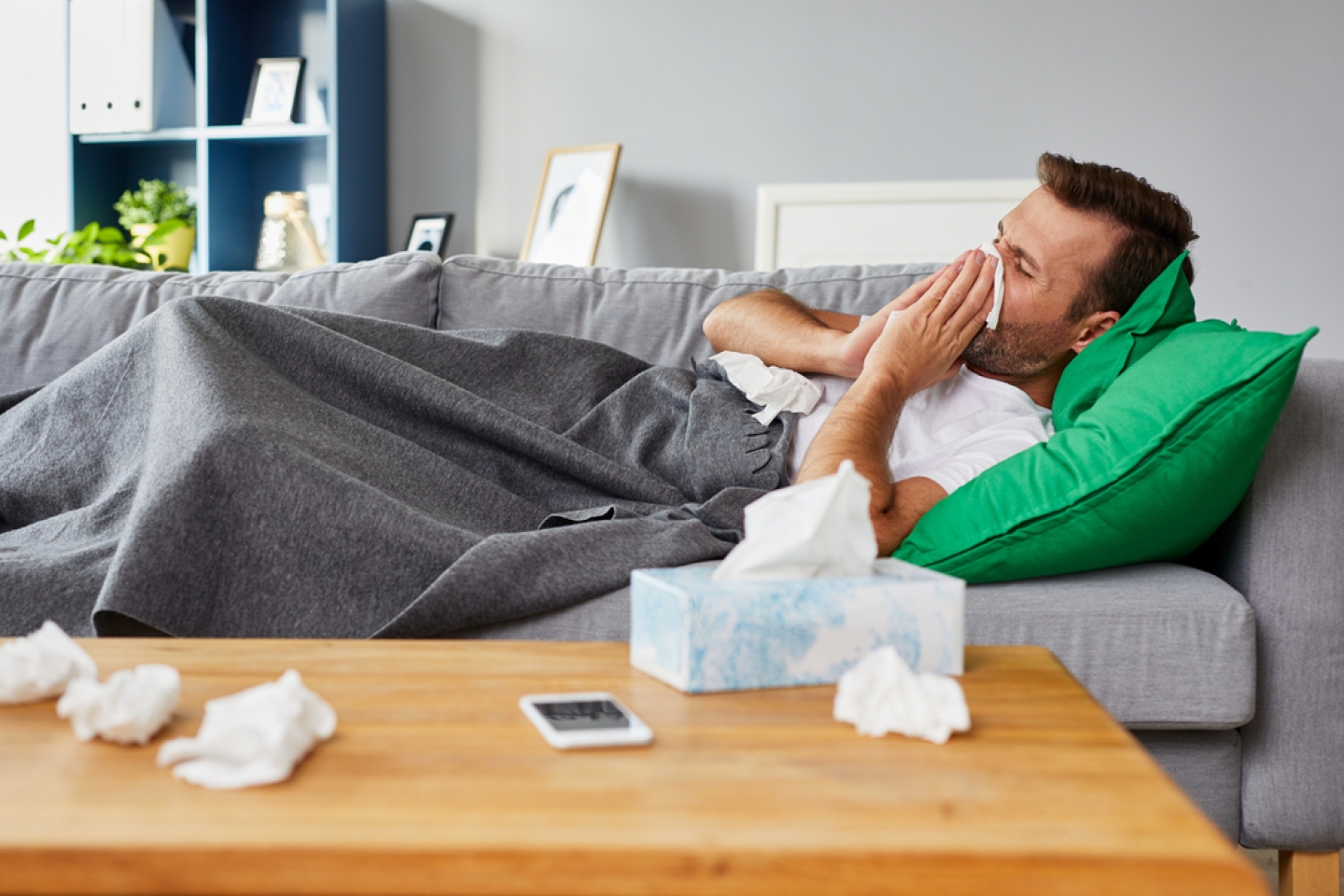
COVID-19 cases are on the rise again, prompting health authorities to reiterate the importance of self-isolation and booster vaccinations as we approach another potential “COVID Christmas.”
Australia is currently experiencing an eighth wave of COVID-19 infections, with NSW Health classifying community transmission in the state as “moderate to high.”
A growing number of Australians are testing positive for COVID-19, including NSW Premier Chris Minns, who announced his positive test on Monday and is currently self-isolating at home.
In a social media post, Mr. Minns emphasized that while there are no longer any legal mandates requiring self-isolation, he strongly encourages individuals who test positive to stay home until their symptoms have resolved to protect the community.
It has been over a year since Australia lifted its mandatory self-isolation and COVID-19 test registration requirements. However, with the current surge in cases, it is important to reconsider your actions if you contract COVID-19.
Self-isolation, though no longer legally enforced, remains crucial in curbing COVID-19 transmission according to NSW Health Director of Health Protection Jeremy McAnulty.
“We’re placing our trust in the community to take responsibility for their health by adhering to the simple yet effective measures we’ve learned to employ,” Dr. McAnulty stated.
Individuals who test positive for COVID-19 are advised to remain home until their acute symptoms have resolved, which could take up to ten days.
Those employed in high-risk settings, such as healthcare, disability care, and aged care facilities, should refrain from attending work for at least seven days and until their symptoms have subsided.
“Outings for essential purposes should be limited, and masks should always be worn to minimize the risk of transmission. Avoid attending crowded gatherings or parties if you’re experiencing symptoms,” Dr. McAnulty emphasized.
Protecting those at risk of severe disease
“Refrain from contact with individuals at higher risk of severe illness, including those hospitalized or residing in aged or disability care facilities, for at least seven days,” advised Dr. McAnulty.
Those at higher risk of severe illness include individuals aged 70 and over, those aged 50 with additional risk factors, pregnant women, and individuals of any age with compromised immune systems.
Dr. McAnulty urged individuals in these categories to plan ahead and establish prior arrangements with their healthcare providers in the event of a positive COVID-19 test.
“If you suspect COVID-19 or influenza, your doctor can prescribe antiviral medications to improve your chances of a favorable outcome,” he explained.
Vaccines remain crucial
While antivirals can help mitigate the severity of illness, NSW Health stresses that they are not a substitute for vaccination.
Anyone aged 75 or over should receive an extra dose of a COVID-19 vaccine if it has been more than six months since their last shot, according to the current recommendations by the Australian Technical Advisory Group on Immunisation (ATAGI).
Dr McAnulty said it was still unclear whether the latest wave of the virus would peak before Christmas.
“I think the assumption is that there’ll be plenty of COVID around over the festive period, so it’s important people do those things to protect themselves and others,” he said.
